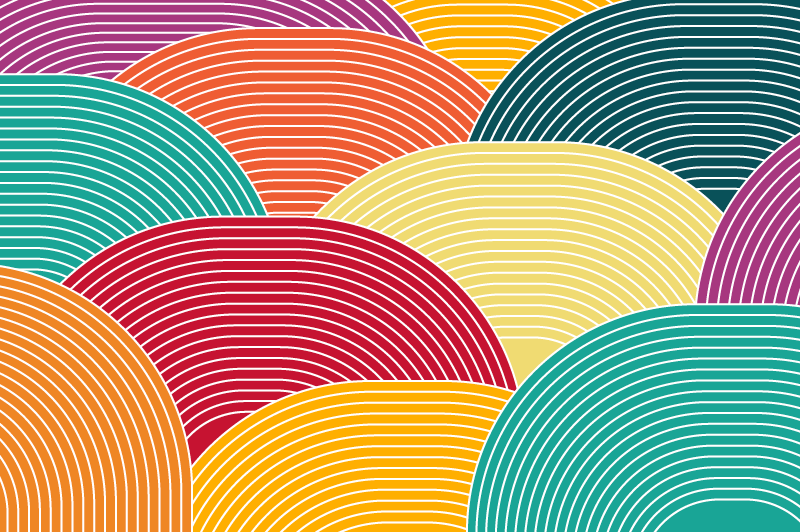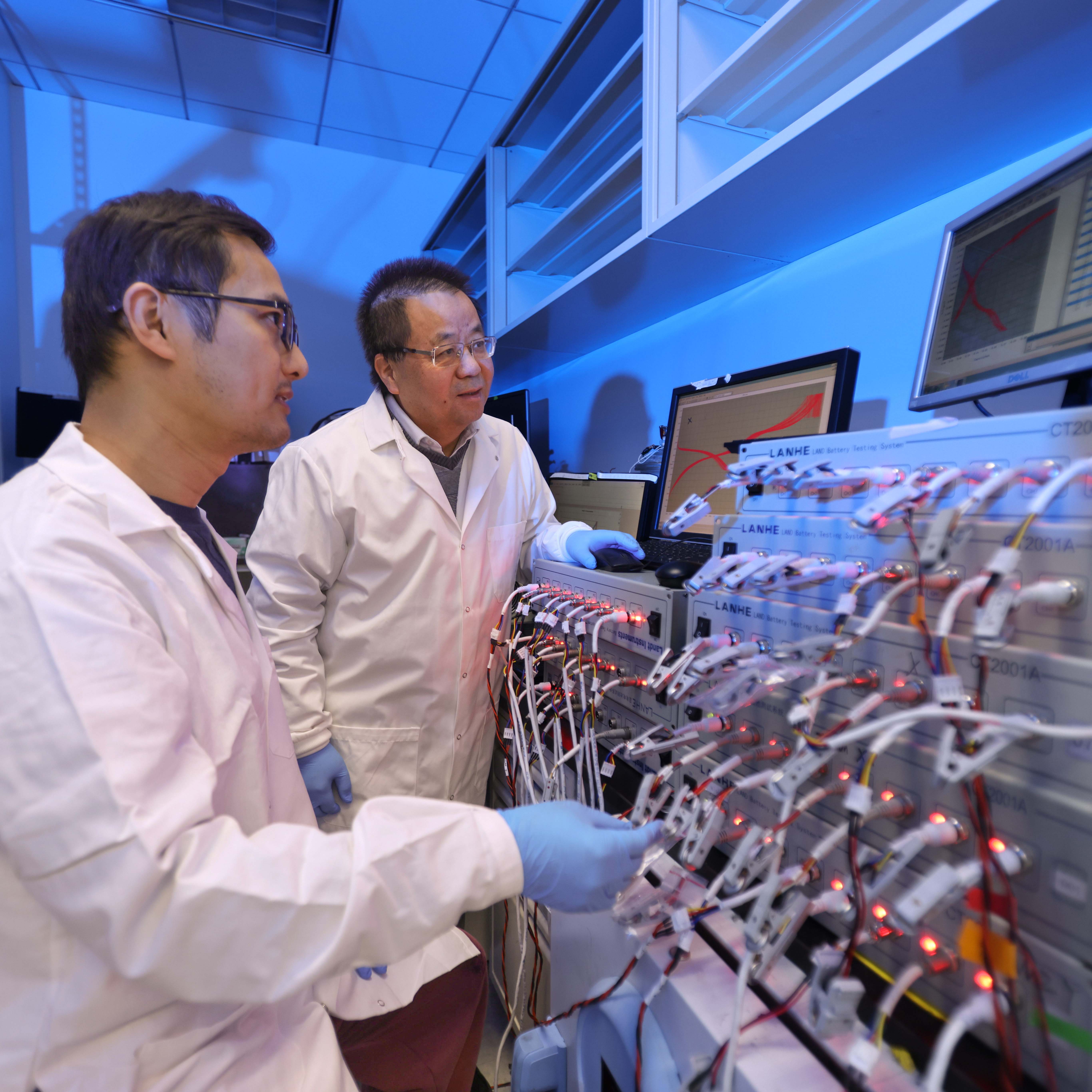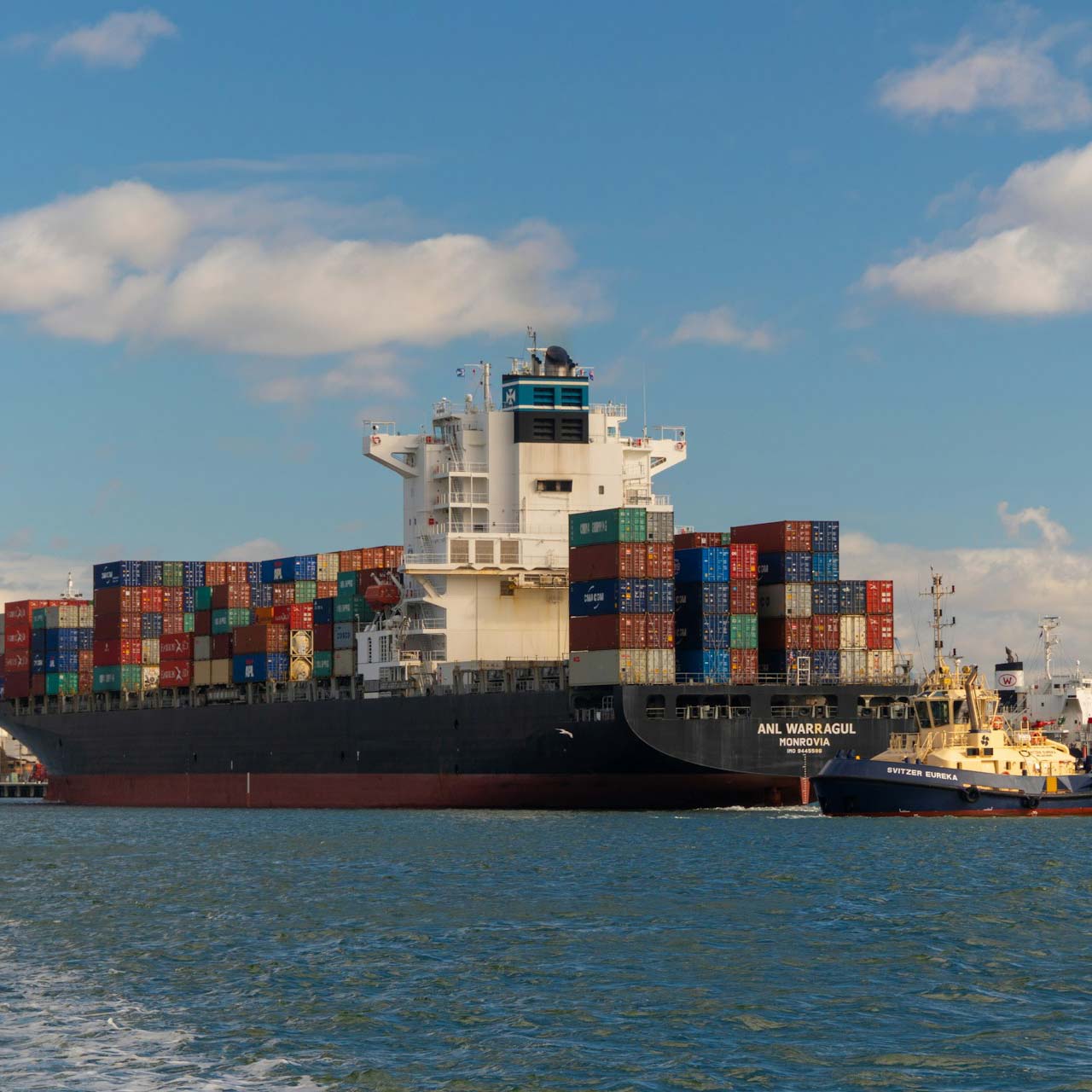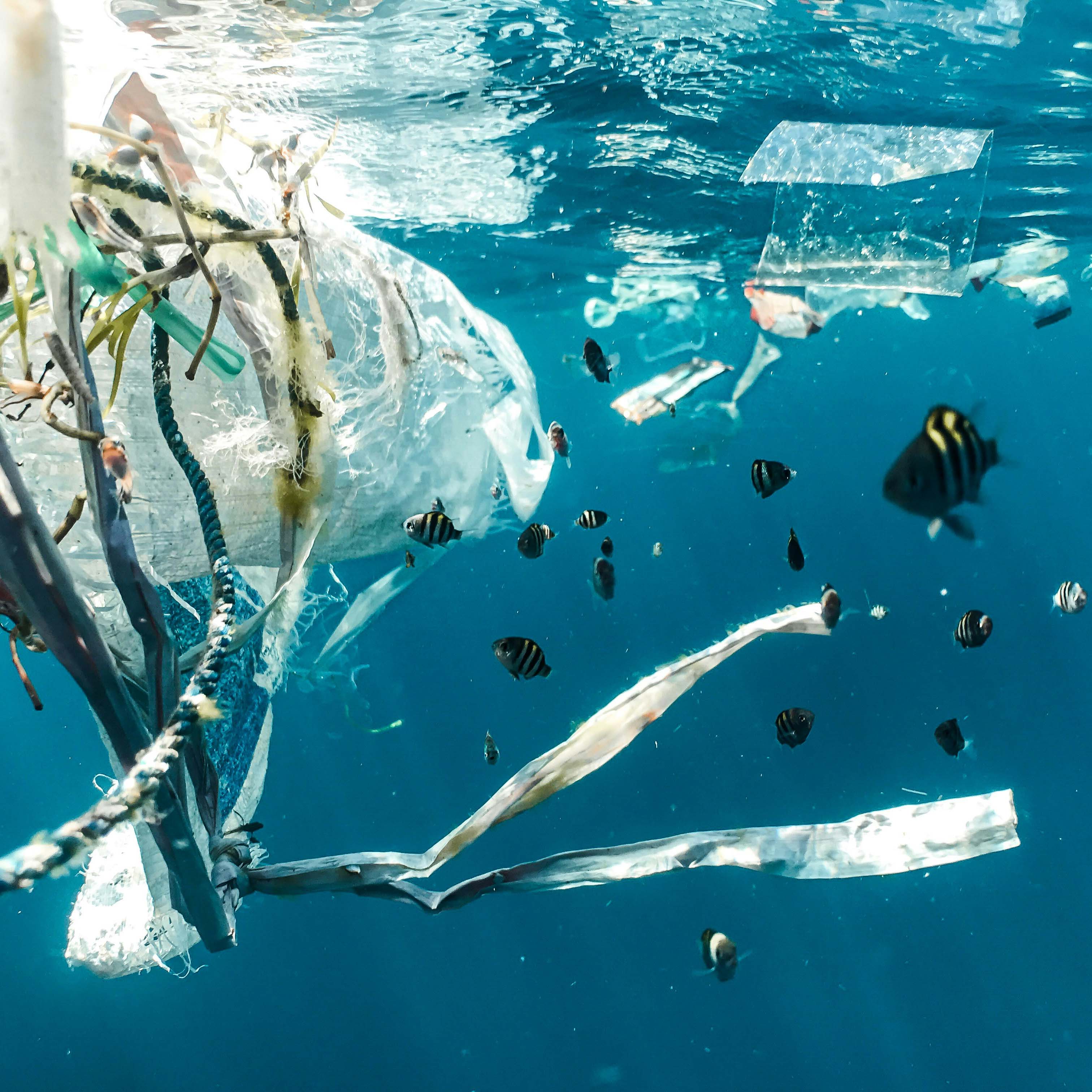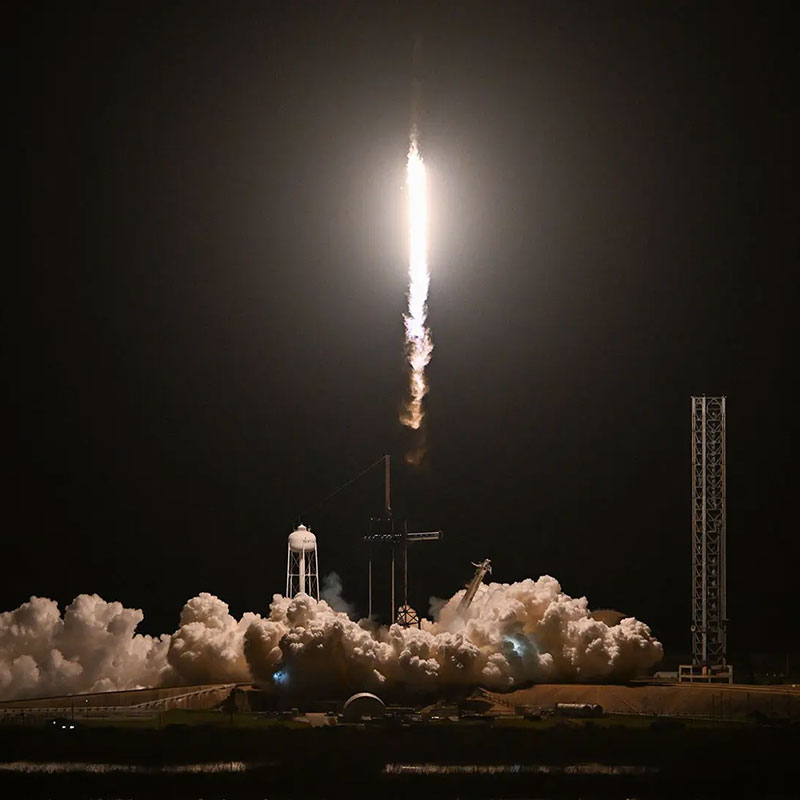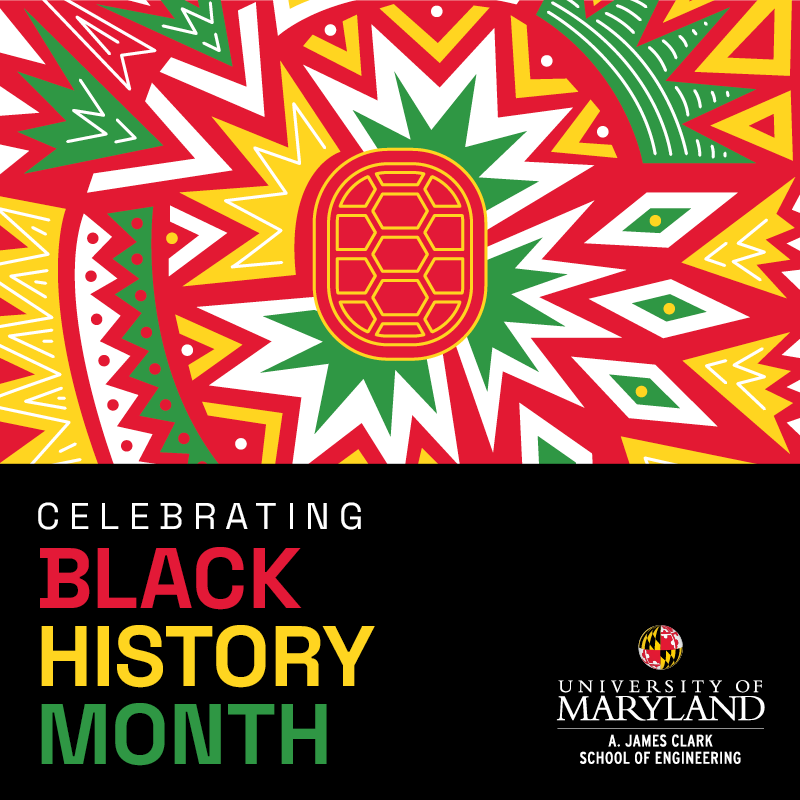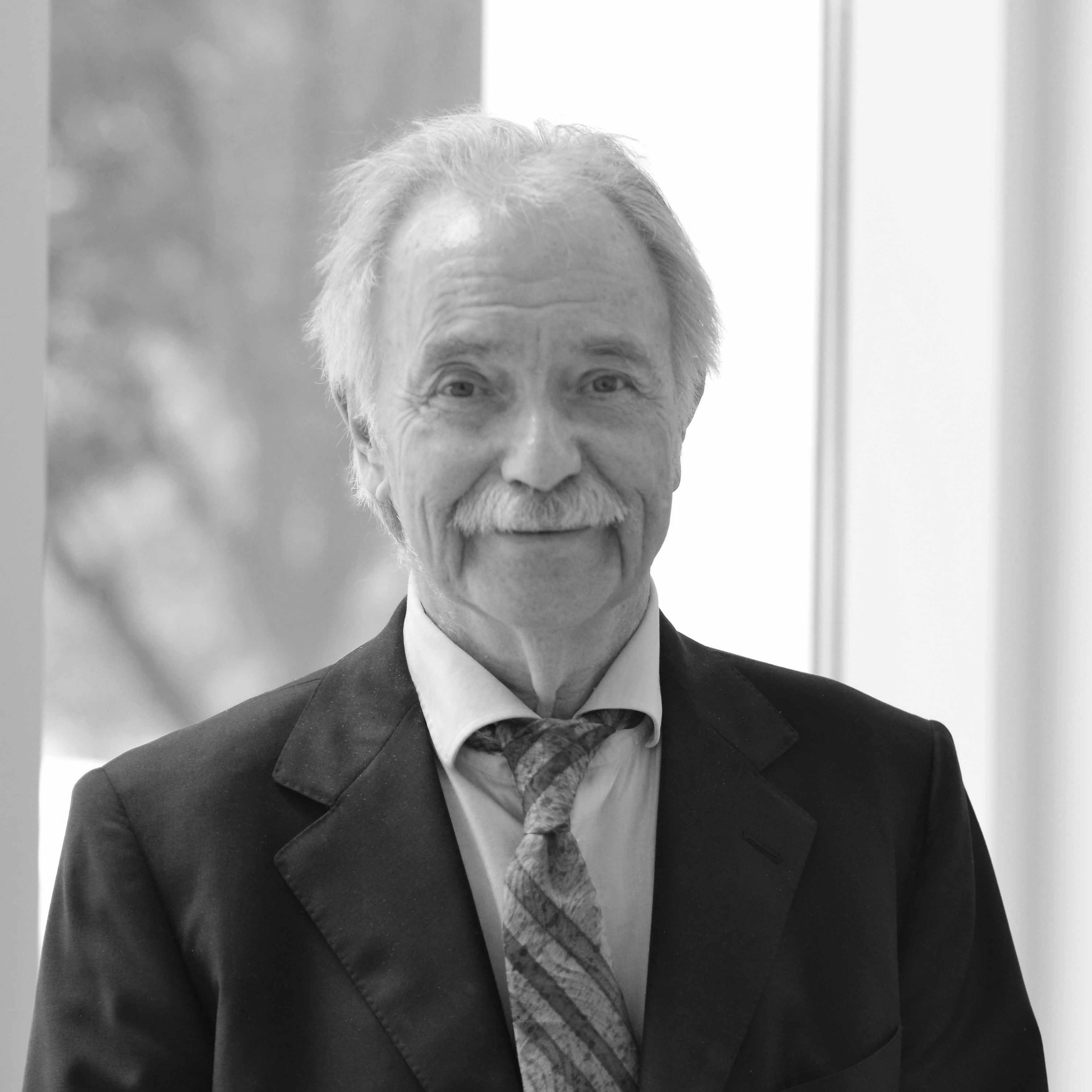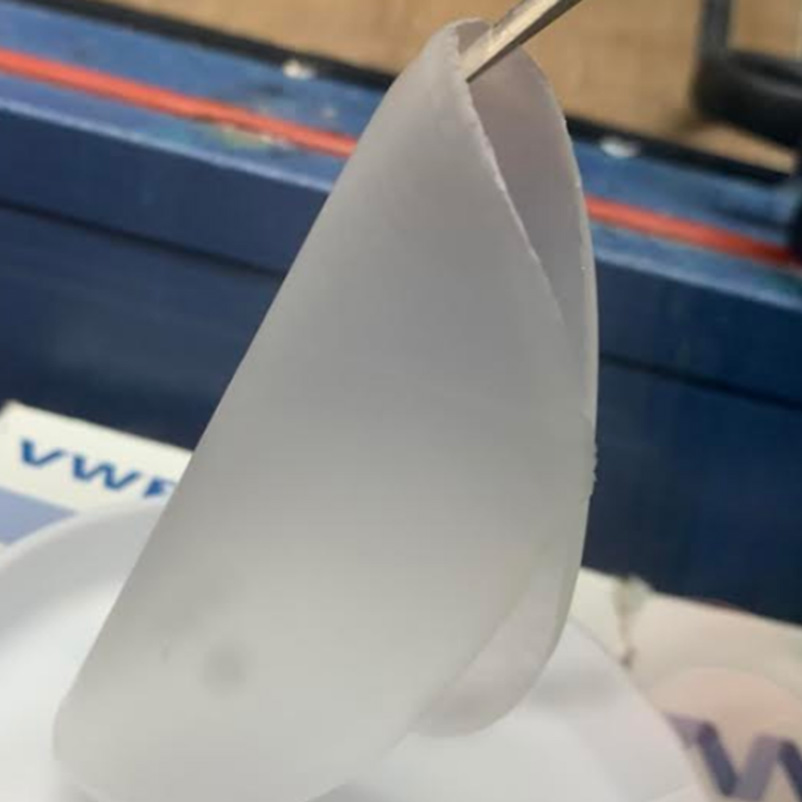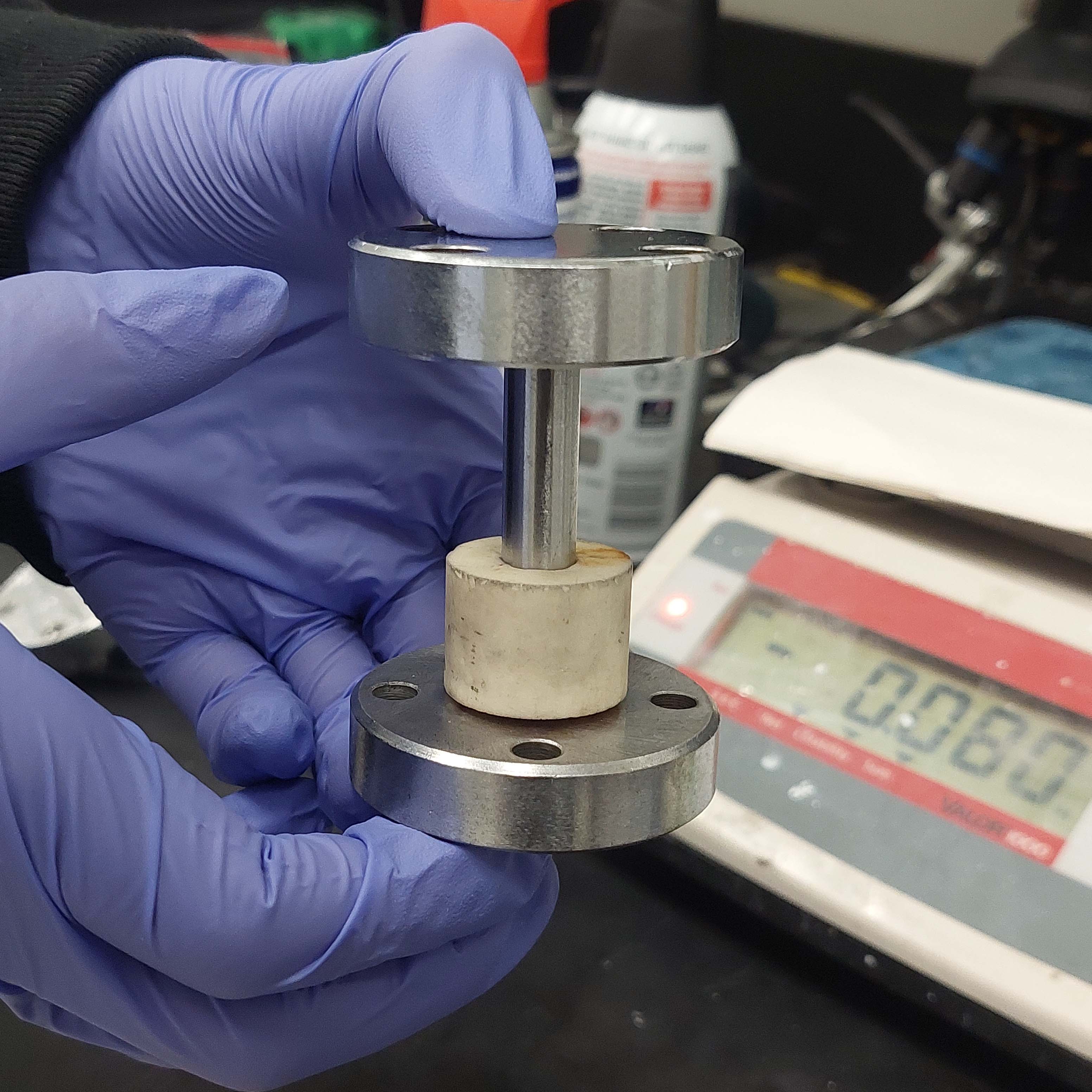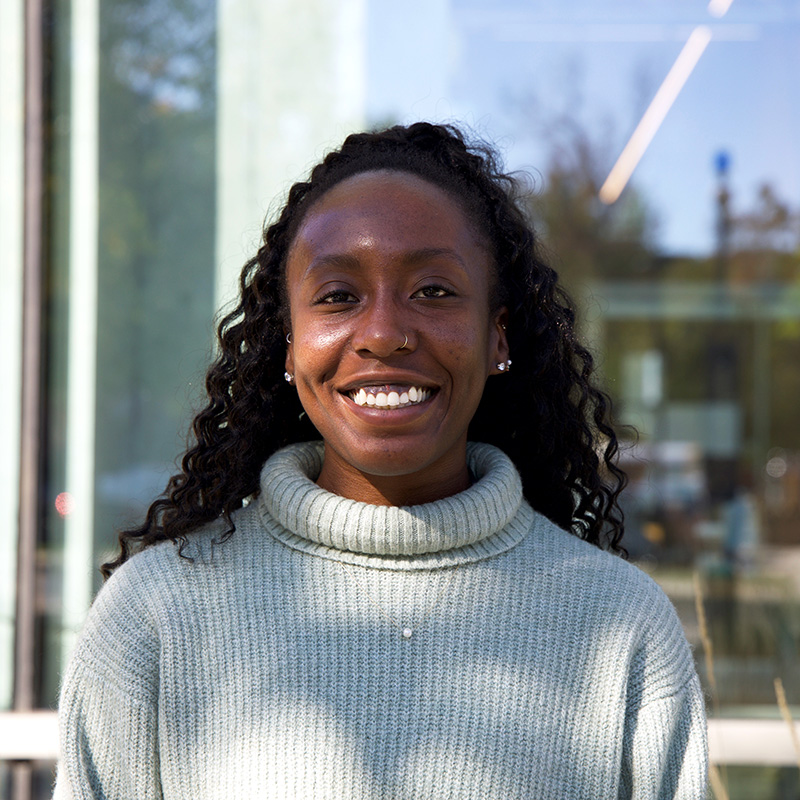News Story
Hema Choudhary Receives Caramello Distinguished Dissertation Award
Hema Choudhary, PhD ’22, chemical and biomolecular engineering, received the university’s Caramello Distinguished Dissertation Award for her research on hydrogels. Her dissertation, “The Hydrogel Reimagined: Gel-Derived Sponges and Sheets as Absorbents for Water, Blood, and Oil,” details what has been described as a revolutionary advance for the field of soft materials.
The Charles A. Caramello Distinguished Dissertation Award recognizes original work that makes an unusually significant contribution to it discipline. Her dissertation led to published papers in Matter and ACS Applied Materials & Interfaces Choudhary’s research includes the creation of a gel sheet that absorbs water better than paper or cloth towels and a gel sponge that expands 300 times in volume in just 15 seconds---one of the highest swelling rates that has ever been achieved. Her work has been highlighted in magazines and websites such as New Scientist, Popular Scientist, EurekAlert, Inverse and others and could pave the way for improved diapers, paper towels, and blood-absorbing gauzes.
Choudhary received her undergraduate degree in chemical engineering from the Indian Institute of Technology Gandhinagar, where she was second in her class and received an Institute Silver Medal. She was the first person from her small village in India to attend the institute. “My two older sisters received their masters’ degrees and worked in engineering in India,” says Choudhary. “They told me if I wanted to conduct research, I should go to the United States. My family fully supported my study abroad, which was very important to me.” An internet search led her to Department of Chemical and Biomolecular Engineering Professor Srinivasa Raghavan, who encouraged her to apply to the graduate program. At Maryland, Choudhary became a highly productive scientist. In addition to the gel research, she became curious about how to use foams to stop bleeding. “Current materials are super expansive and do not do a good job of absorbing blood in the wound,” she explains. “Surgeons use a lot of gauze and bandages at the wound site to stop bleeding. Our material has a lot of potential for accelerating the absorption process.” “This was truly a curiosity-driven idea,” explains Choudhary. “In Professor Raghavan’s lab, you come up with ideas, and he fully supports you in pursuing those ideas.”
After defending her PhD in 2022, Choudhary began a postdoctoral fellowship at the University of California, Berkeley in the Department of Bioengineering, where she is focused on developing vaccines for genetic disorders. Specifically, she is designing lipid nanoparticles and polymer particles for gene therapy applications. Choudhary looks forward to returning to the East Coast to pursue a faculty position.
Published June 27, 2023
